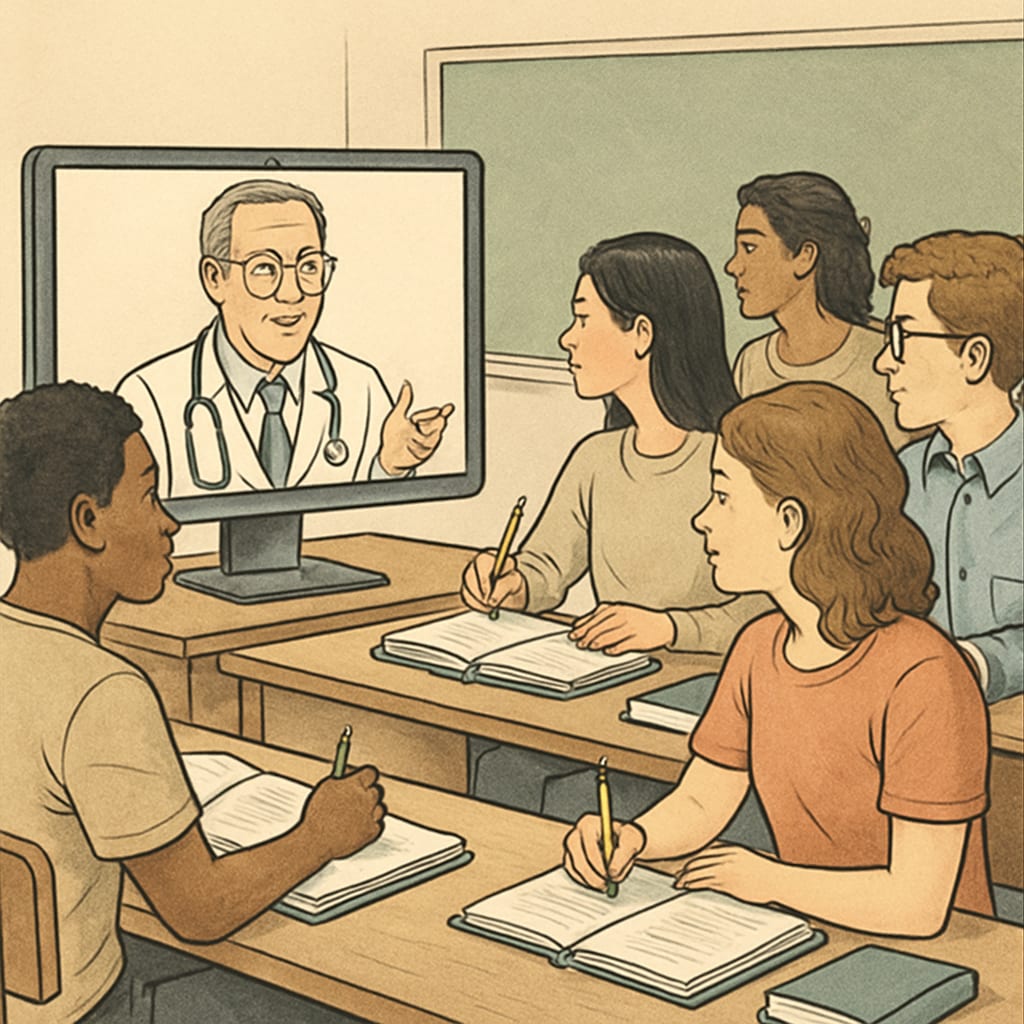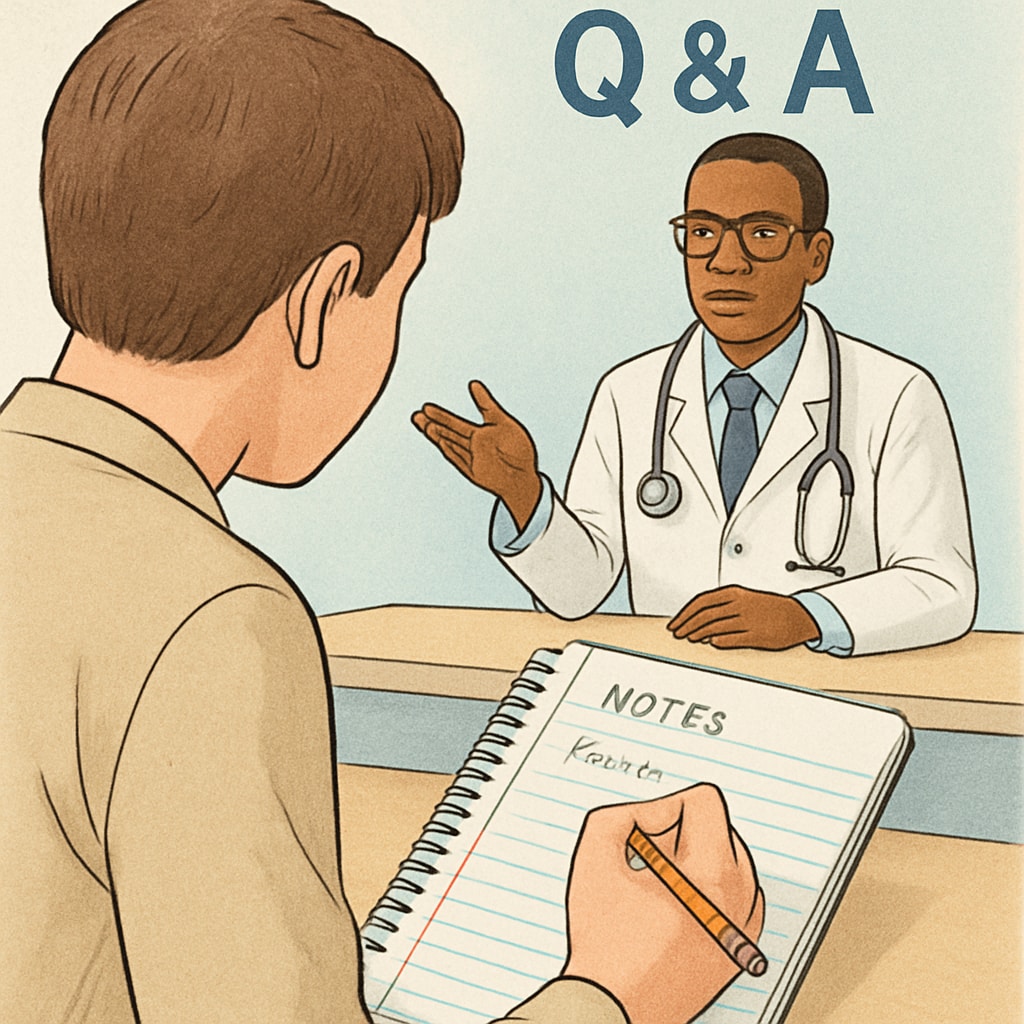Medical career exploration is a critical step for students interested in healthcare professions. A groundbreaking school project is helping K12 students engage with practicing doctors to ask questions and learn about the realities of a medical career. This initiative not only provides valuable career advice but also nurtures critical thinking and communication skills, essential for any aspiring healthcare professional.
Why Early Exposure to Medical Careers Matters
Understanding the intricacies of medical professions at an early age can be transformative for students. According to Britannica’s overview of medicine, the healthcare field demands a unique combination of technical expertise, compassion, and problem-solving skills. By connecting students with experienced physicians, this project helps them gain real-world insights into the challenges and rewards of the profession.
Moreover, early exposure encourages students to consider whether their skills and interests align with the demands of a medical career. It also allows them to explore different specialties, such as surgery, pediatrics, or public health, helping them envision potential career paths.

How the Project Works
The initiative is structured to maximize interaction between students and doctors. Through virtual or in-person sessions, students prepare questions about medical training, daily routines, challenges, and the rewards of working in healthcare. This direct dialogue fosters a deeper understanding of the profession and offers authentic insights that textbooks often fail to provide.
Key components of the project include:
- Interactive Q&A sessions with doctors from diverse specialties.
- Guidance on educational pathways, including pre-med requirements and medical school application tips.
- Opportunities to learn about emerging trends in healthcare, such as telemedicine and artificial intelligence.
Students also gain practical skills, such as crafting thoughtful questions, active listening, and engaging in professional communication—an invaluable foundation for any future career.

Benefits Beyond Career Guidance
While the primary goal is to provide career advice, the project also has broader benefits for student development. For example:
- Critical Thinking: Students learn to analyze complex information and form thoughtful questions.
- Communication Skills: Engaging with professionals teaches them how to articulate ideas and interact effectively in formal settings.
- Inspiration: Hearing real-life stories from doctors often motivates students to pursue their ambitions with greater determination.
As a result, the project not only prepares participants for potential careers in medicine but also equips them with transferable skills applicable to many fields.
Creating the Next Generation of Healthcare Professionals
With global healthcare demands on the rise, initiatives like this are crucial for inspiring and educating future medical professionals. Programs that connect students with doctors address the growing need for well-prepared healthcare workers while also empowering young people to envision and pursue impactful careers.
By fostering curiosity, providing mentorship, and enhancing essential skills, this innovative school project lays the groundwork for a brighter future in medicine. As the program expands, it has the potential to create a lasting impact on students and the healthcare industry alike.
Readability guidance: This article features clear sections, short paragraphs, and lists to enhance comprehension. It maintains an active voice and uses transitional phrases to ensure smooth flow. It balances technical insights with accessible language suitable for K12 audiences and educators.


